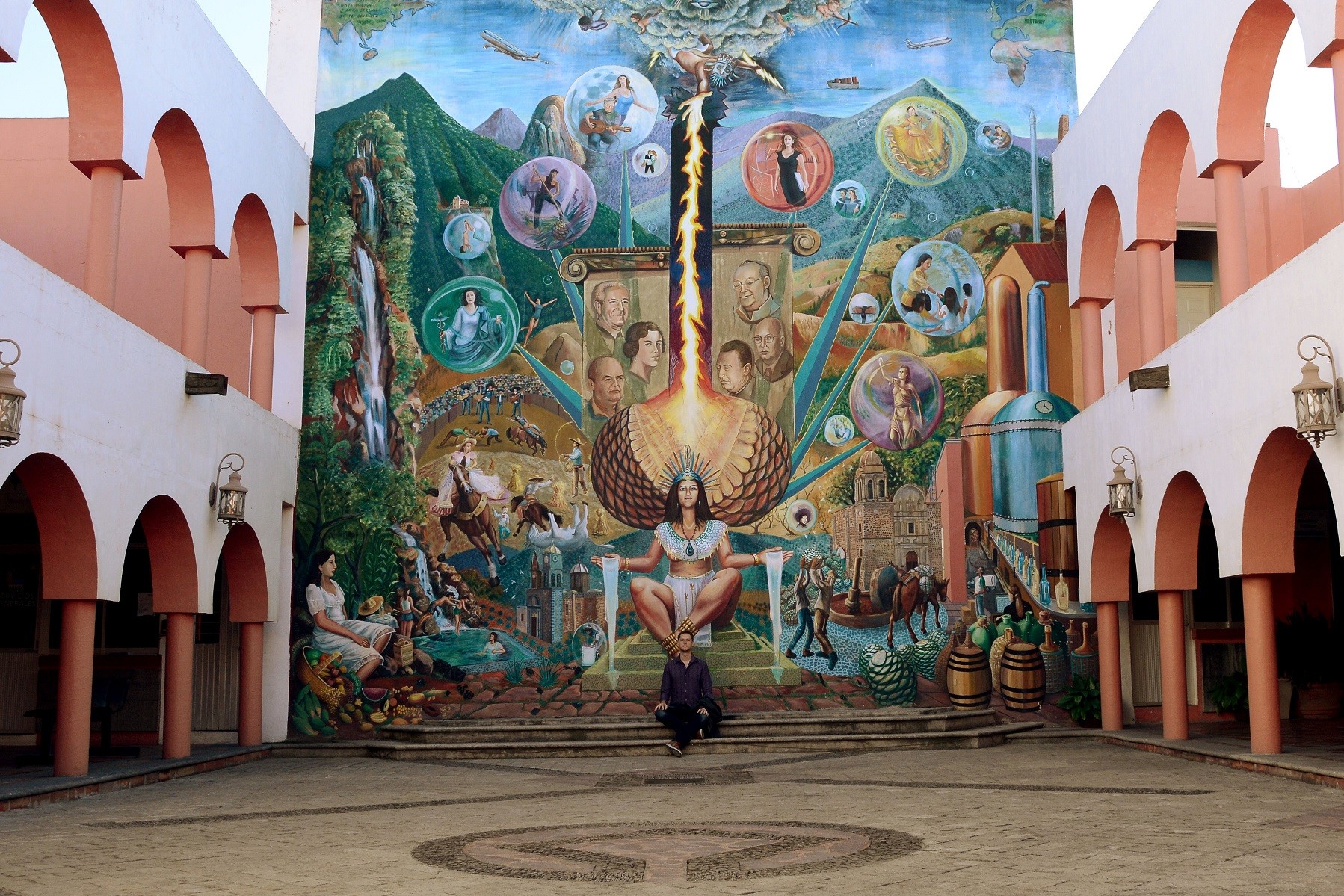The Episode:
To download the audio, right click and press “save as”.
Remember to subscribe on iTunes or subscribe on Pocket Casts.
If you enjoyed the episode, don’t keep it a secret! Feel free to share it on Twitter, Tumblr, Facebook, Reddit, or your office bathroom wall.
The Cash:
We really appreciate all of your contributions! Every cent and satoshi we receive lets us know that we’re doing something worthwhile, that you are entertained by our program, and that you’re starting to question what you know more and more. Please be generous. Donate by BitCoin: 182CzJUbz8xb1JZjuVm2S4YUBfd3xk2XfM
Or donate your Altcoins using Shapeshift:
Or give us a small amount of money every month using PayPal:
The Story:
Before the fall of the USSR, the medical system in Moscow was completely controlled by the state. The price calculation problem rendered the managers of hospitals and the medical industry as a whole, unable to determine how many beds, how many doctors and how many medical supplies were necessary to treat the patients. This lead to all sorts of perverse results. In 1987, minister of health Yevgeny Chazov found that 40% of newly graduated doctors couldn’t read a cardiogram. Newborns would receive 200-400 shots in their first year of life. Patients were subjected to seemingly endless lists before they could receive treatment. And dying patients were thrown into the cold, cold street, to ensure that their deaths wouldn’t adversely affect the statistics of the hospital.
In June 2015, at time of writing, Australia is not a socialist country (yet). However, it does have socialist elements. The currency is created by a central bank (more or less) controlled by the government. The public school system is a socialist institution. And the public healthcare system is a socialist institution.
March, 2015. Dr. Gabrielle McMullin makes an appearance on Australian station ABC radio to talk about her book “Pathways to Gender Equality”. In this interview, she broached the subject of sexual harassment in the Australian medical industry. She made the controversial, and twisted, ironic statement: “What I tell my trainees is that, if you are approached for sex, probably the safest thing to do in terms of your career is to comply with the request.” Dr. McMullin wasn’t condoning sexual harassment, but she was intending to bring light how real the problem is, and how it can affect the careers of many young people in this industry. Surgeons are seen as too important to question, and when younger doctors or nurses question them, they are seen as liabilities.
Based on our personal experiences, we can say that the problems with this industry don’t end there. There are problems all through this industry. Our question is: what are the effects when you give control of one of the most important services of modern life to politicians and other bureaucrats? Are there certain economic factors which make these situations more or less inevitable? And can we talk about these issues while still making them seem amusing? We ask these questions and more, in this exciting episode of … The Paradise Paradox!
The Links:
Dallas Buyers’ Club (Amazon affilate link)
Surgeon puts spotlight on sexual harassment in the medical profession
Just give in to sleazy bosses, top surgeon Dr. Gabrielle McMullin says
Healthcare in the Soviet Union
Singapore healthcare system on Wikipedia
Hongkong healthcare system on Wikipedia

